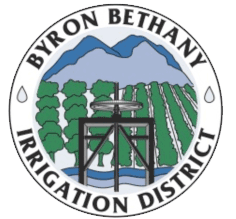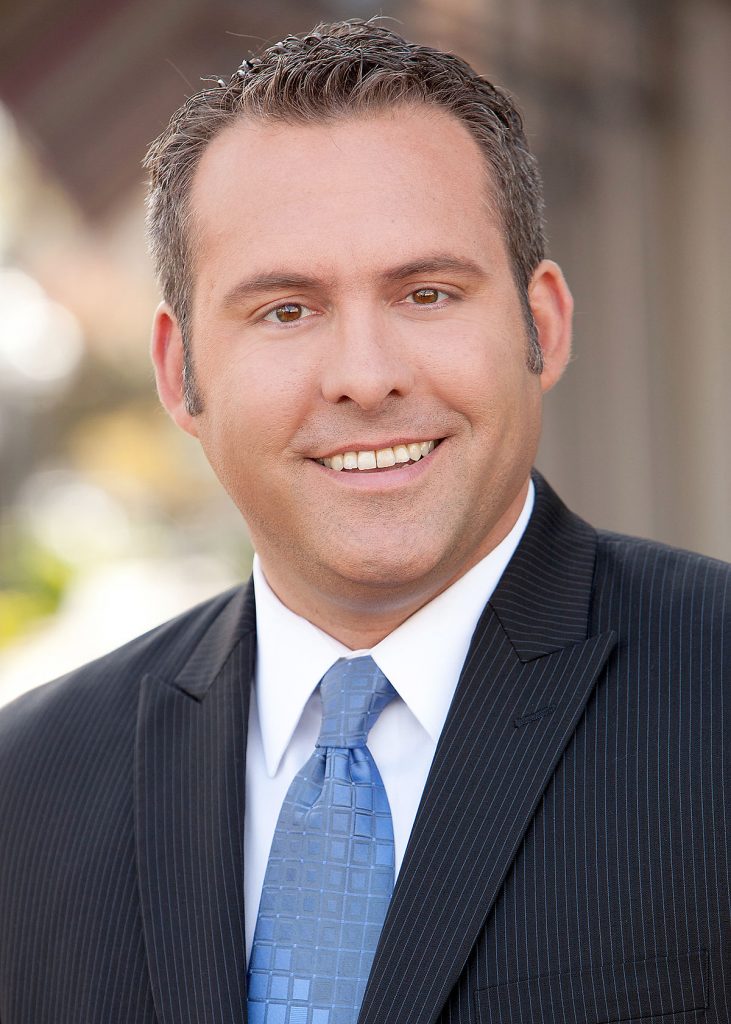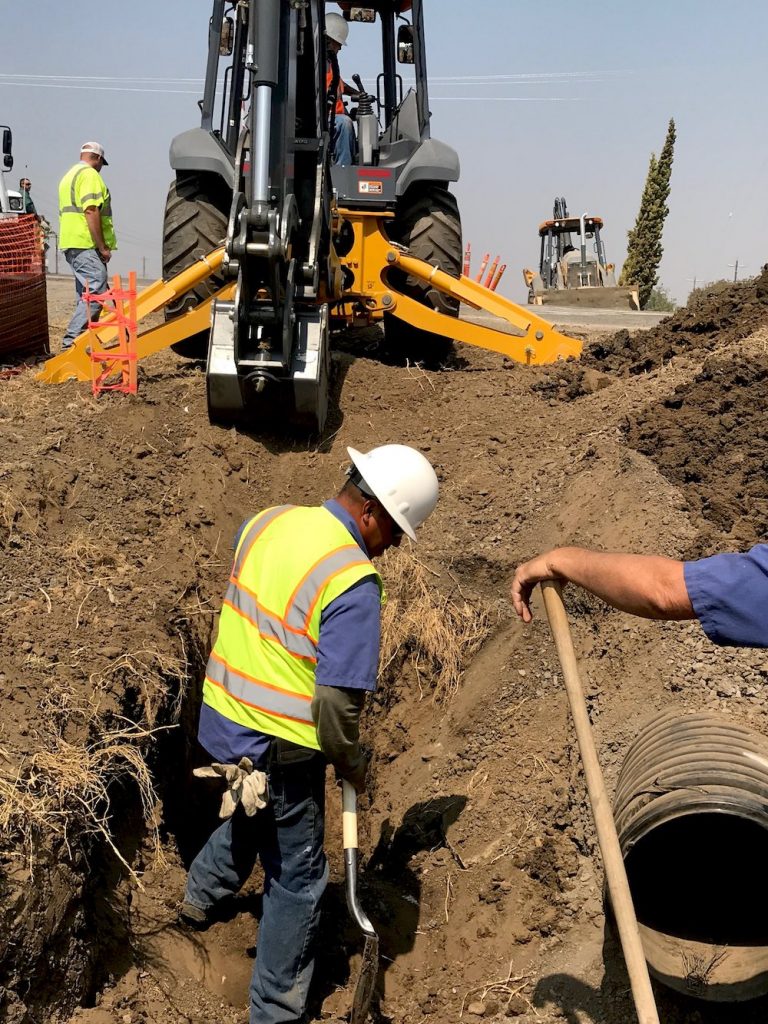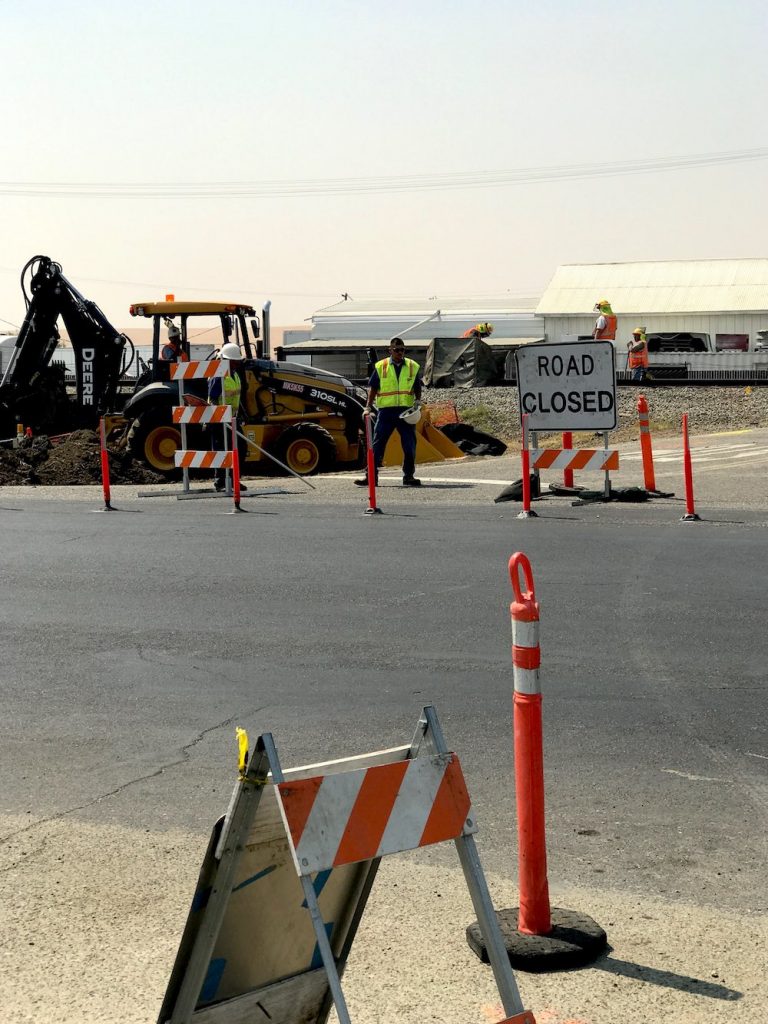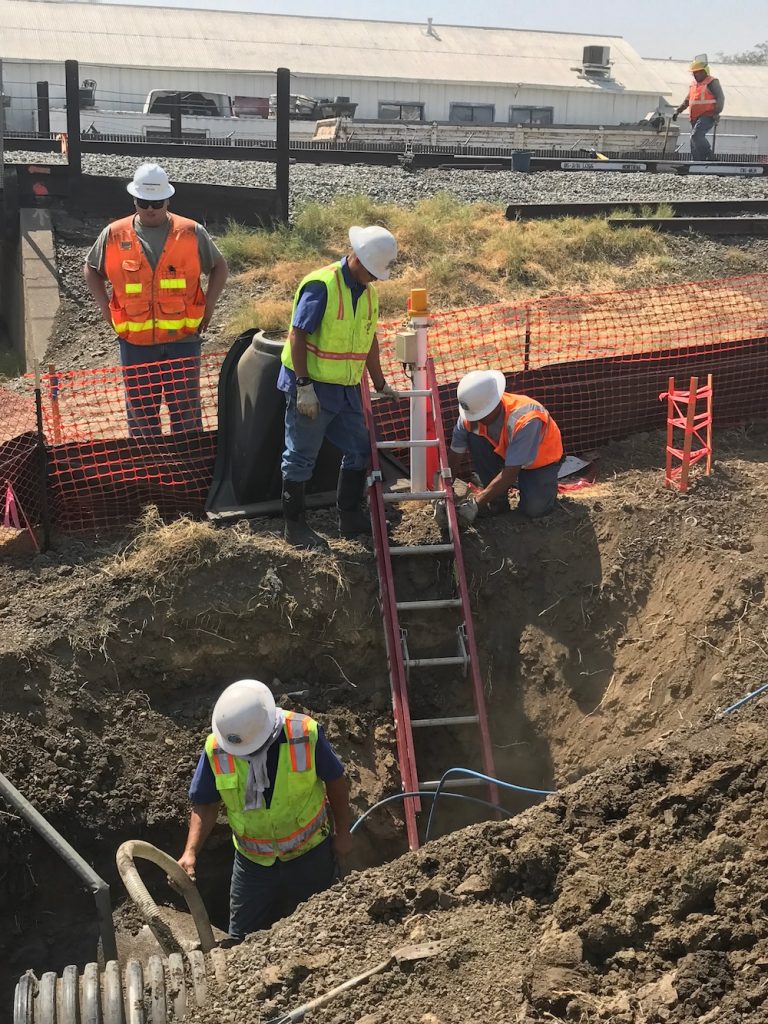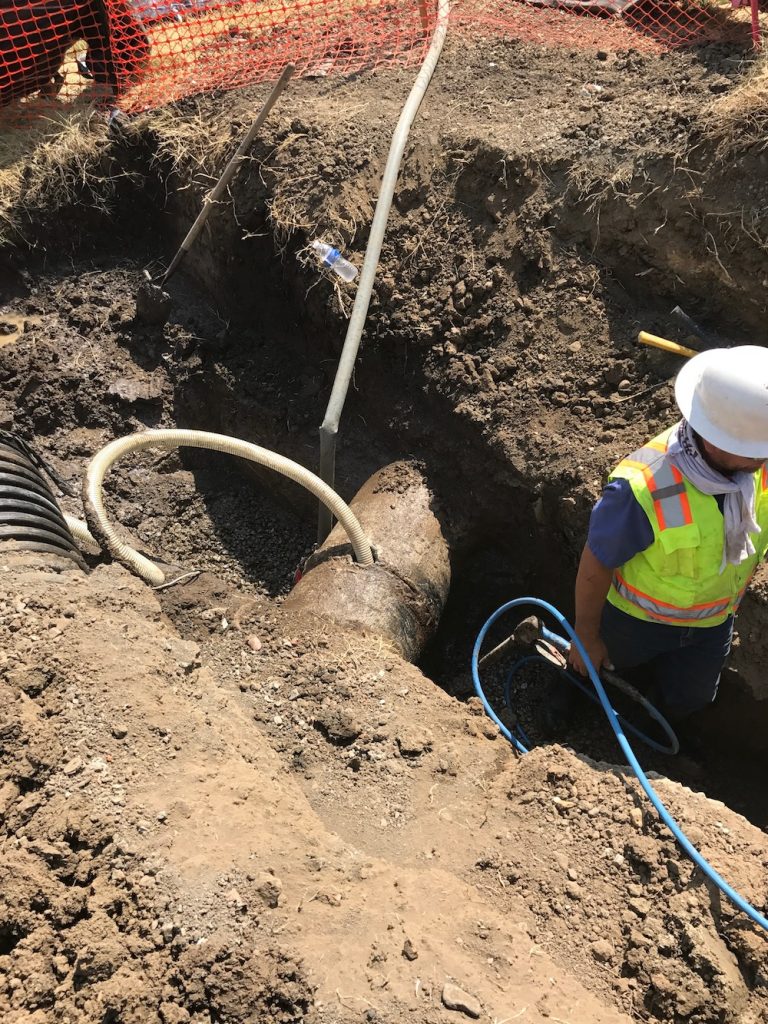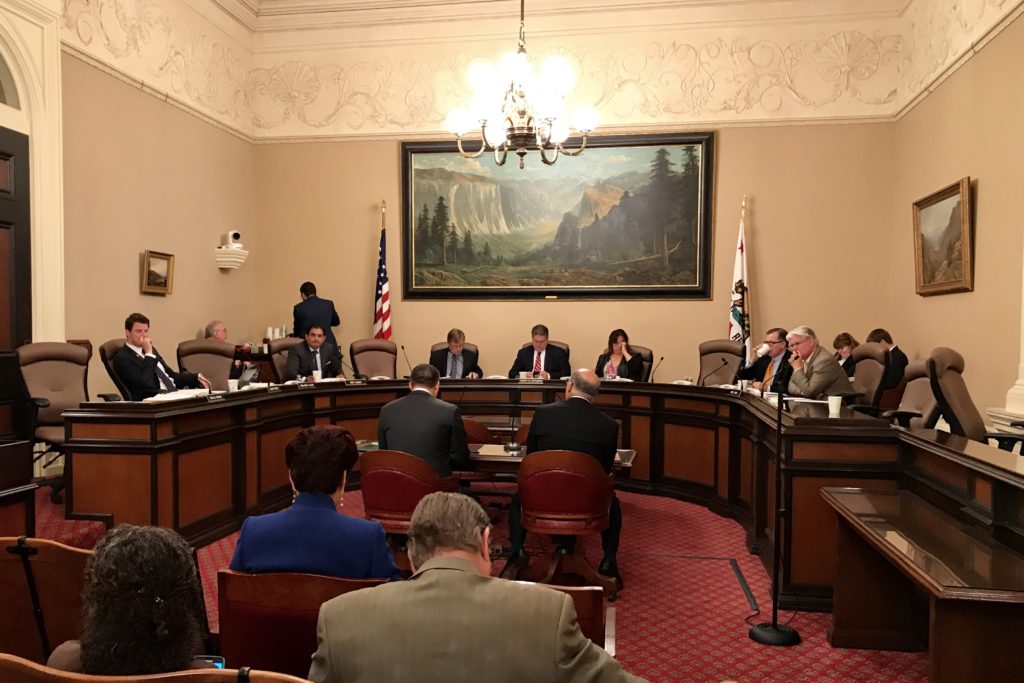Following the historic signing of the application to build Temperance Flat Dam, a project that would dramatically improve California’s water storage, Cannon Michael, Chairman of the San Luis & Delta-Mendota Water Authority, issued the following statement:
LOS BANOS, CA – “Today’s signing ceremony for the Water Infrastructure Authority application marks an important milestone for the water users we serve. A diverse group of stakeholders have joined together in a bold effort to advance water storage for California. As chairman of the San Luis & Delta-Mendota Water Authority, I am proud to be a part of this historic action,” said Cannon Michael, chairman of the San Luis & Delta-Mendota Water Authority.
“Surface water is vital to California. From our agriculture to our information technology to environmental management, the cities, counties, tribes and public water agencies represented here share a common bond. That bond is the need for adequate and dependable water supplies. Thousands of farmers produce food and fiber on some of the most productive farmland anywhere for consumers that live right here in our back yard and around the world. And as the world leader in technology, Silicon Valley depends on adequate and dependable water supplies to fuel the innovation of the future.

Picture Courtesy of @CalAgToday
“Temperance Flat Dam will enhance California’s water supply, both for economic purposes and also to provide important ecosystem benefits. Fisheries and wetlands, stream flow and riparian forests will all thrive in the future with the additional water this project will provide. It will also be an important part of our efforts to address climate change. If predictions are right, future storms will be warmer and wetter and our ability to depend on the Sierra snowpack will diminish. It is important to begin preparing for that today.
“We are confident that with projects like this, the Valley and the rest of California will be a better place for our farms, our communities, and the important ecosystem resources that contribute to our quality of life.”
###
Banta-Carbona ID, Broadview WD, Byron Bethany ID, Central Calif. ID, City of Tracy, Columbia Canal Co. (a Friend), Del Puerto WD, Eagle Field WD, Firebaugh Canal WD, Fresno Slough WD, Grassland WD, Henry Miller RD #2131, James ID, Laguna WD, Mercy Springs WD, Oro Loma WD, Pacheco WD, Panoche WD, Patterson ID, Pleasant Valley WD, Reclamation District 1606, San Benito County WD, San Luis WD, Santa Clara Valley WD, Tranquillity ID, Turner Island WD, West Side ID, West Stanislaus ID, Westlands WD
